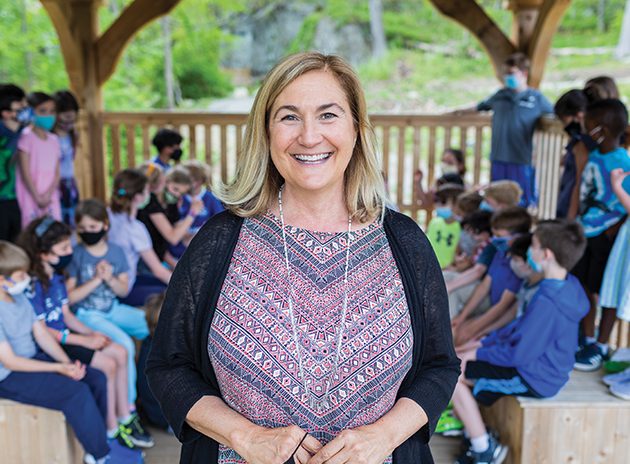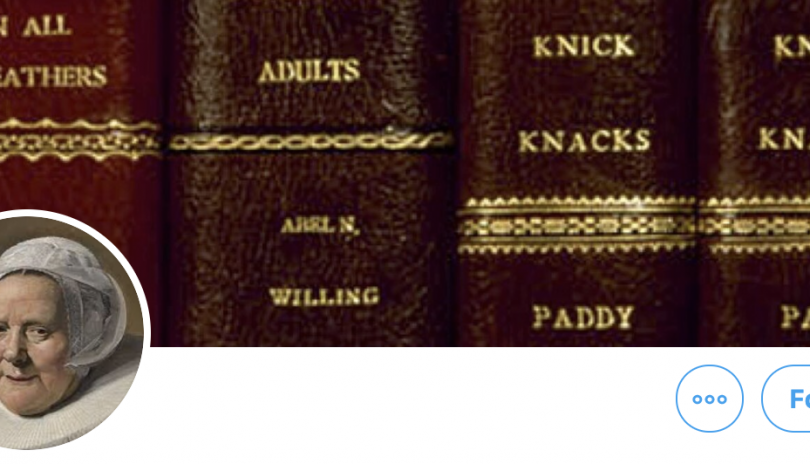I’ve always enjoyed spotting irony in the world. For example, I was delighted when my niece reported that my peace-loving and mild-mannered brother-in-law got into a shouting match with a person in the Life is Good store (the Life is Good store!). It brought a smile to my face when a friend of my parents was not able to go with us to the beach because he was going to listen to his “Live in the Now” tape series. As I watch coronavirus unfold across the globe, and people are in various states of isolation, it is not lost on me that I started the year speaking with faculty about The Art of Gathering, by Pria Parker.
I loved that book because it got me thinking in a deeper way about what it means to come together and form a community, and how the structures we create support the types of human interactions we hope to foster. As we all head into the break, and lack certainty about how soon and in what way we will gather next, I’m thinking about what it means to learn as part of a community, and how both learning and community might look if we are away from each other for a period of time. What if we are gathered in a different way? It is clear we will be able to find many ways to gather should we need a period of remote learning, from a virtual knitting circle to a video guitar lesson. While our methods will change if that is necessary, the essential pieces that make us a strong community will all be in place: deep respect and fondness between individuals; a diversity of perspectives, identities, backgrounds, and ideas enriching our learning and experience; rich and interesting ideas and content for children and adolescents to explore and master; our shared love for the values of DCD; and our mission as a school and community.
I’m left thinking too, about all we learn from environments other than school. I’ve been listening to the podcast Poetry Unbound, and one episode had a great reflection on this topic. Pádraig Ó Tuama is an Irish poet, and he shared one of his favorite poems called, What You Missed That Day You Were Absent from Fourth Grade by Brad Aaron Modlin. He creates the humorous frame that some of life’s mysteries were in fact explained by a teacher, but it all occurred on the day you were absent during 4th grade. You may have missed the worksheet about remembering the sound of your grandfather’s voice or missed Mrs. Nelson’s explanation about how peeling potatoes can be a form of prayer. Too bad you were sick on the day when you would have learned how to listen to the wind or not feel lost in the dark. The point of the poem is clear: there are important things we learn outside of school and on our own. In the days ahead, there will be much for children to learn, from both DCD and from their time away from school. I’m grateful to be part of our community that teaches them so much. They learn through direct instruction and exploration, and also through the community we build to hold and support them as they shape their own understanding of our bewildering and beautiful world.
Enjoy the poem and podcast, and I’ll be thinking of all of you over the break and in the days ahead.








